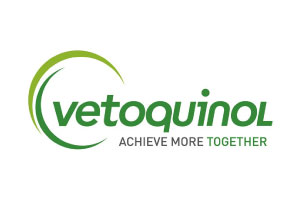Product Ref: UVTYL02 Category: T

Royal Mail Tracked 24 (Signed For)

Royal Mail Special Delivery Guaranteed by 1pm

| Category | POM-V |
| Temperature | Ambient |
| MA/VM/EU No: | 08007/4144 |
| Species |
|
| VMD Link | https://www.vmd.defra.gov.uk/productinformationdatabase/files/SPC_Documents/SPC_989946.PDF |
| NOAH Link | |
| Dosage | Intramuscular or slow intravenous (only in cattle) use. Cattle: 5 mg to 10 mg of tylosin per kg bodyweight per day during 3 days, i.e 2.5 to 5 ml of solution per 100 kg bodyweight. Maximum injection volume per injection site should not exceed 15 ml. Pigs (more than 25 kg): 5 mg to 10 mg of tylosin per kg bodyweight per day during 3 days, i.e 2.5 to 5 ml of solution per 100 kg bodyweight. In pigs do not administer more than 5 ml per injection site. To ensure a correct dosage, body weight should be determined as accurately as possible to avoid underdosing. The closures should not be broached more than 15 times. In order to prevent excessive broaching of the stopper, a suitable multiple dosing device should be used. 4.10 Overdose (symptoms, emergency procedures, antidotes), if necessary In pigs and calves an intramuscular injection of 30 mg/kg per day during 5 consecutive days produced no adverse effects. |
| Withdrawals | Cattle: Meat and offal: 28 days Milk: 108 hours Pigs: Meat and offal: 16 days |